The best 10 Mental Health Tools
Mental health tools encompass a wide range of resources designed to support emotional well-being and psychological resilience. These tools can include mobile applications, online platforms, therapy resources, and self-help techniques that promote mental health awareness, coping strategies, and therapeutic practices. They aim to empower individuals to manage stress, anxiety, depression, and other mental health challenges effectively.
One of the most significant aspects of mental health tools is their accessibility; many are available at the fingertips of users, making them convenient for people who may not have immediate access to traditional therapy or support services. Tools such as cognitive behavioral therapy (CBT) apps, mindfulness and meditation programs, and online support groups provide users with immediate resources for managing their mental health. Additionally, educational materials help people understand their mental health better, removing stigma and promoting a proactive approach to self-care. As mental health awareness continues to grow, so too does the importance of integrating these tools into everyday life. For instance, apps like Headspace and Calm provide guided meditations and relaxation techniques, while platforms like Talkspace connect users with licensed therapists through text and video. Moreover, self-assessment tools and mood-tracking journals can help individuals monitor their mental health over time, identifying patterns and triggers that may require attention. Community-based resources, such as forums and social media groups, foster connection and support among individuals facing similar challenges. By utilizing a combination of these tools, users can create a personalized mental health toolkit that addresses their unique needs and circumstances. Ultimately, the goal of mental health tools is to promote well-being and resilience, making it easier for individuals to navigate life's challenges and maintain a balanced, fulfilling life.

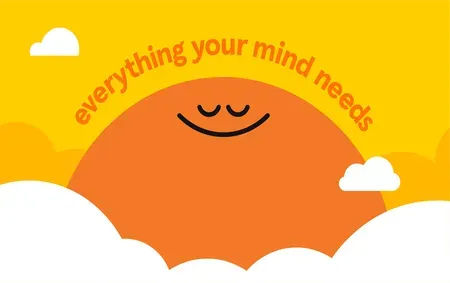 View All
View AllHeadspace - Headspace offers guided meditations, sleep aids, mindfulness exercises, and a user-friendly interface for stress relief and mental wellness.

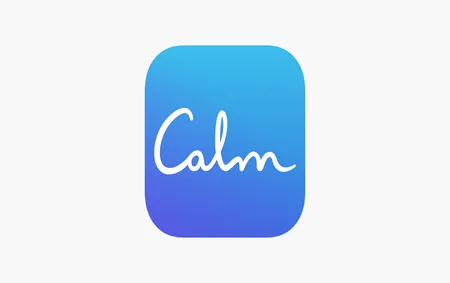 View All
View AllCalm - The most attractive calm features serene landscapes, gentle breezes, soft sounds of nature, and soothing colors.

 View All
View AllBetterHelp - BetterHelp offers affordable therapy, flexible scheduling, diverse therapist options, and secure messaging for convenient mental health support.

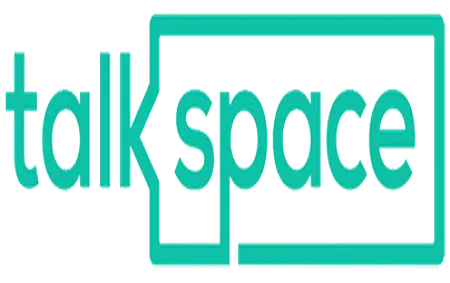 View All
View AllTalkspace - Talkspace offers text, audio, and video therapy sessions with licensed therapists, flexible plans, and secure messaging.

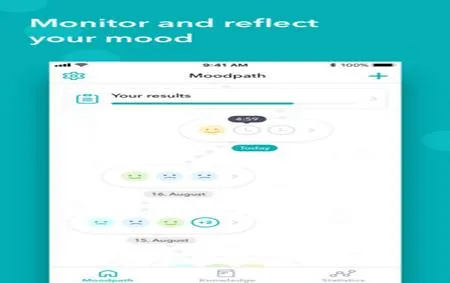 View All
View AllMoodpath - Moodpath offers personalized mental health assessments, interactive journaling, guided therapy exercises, and progress tracking for emotional well-being.

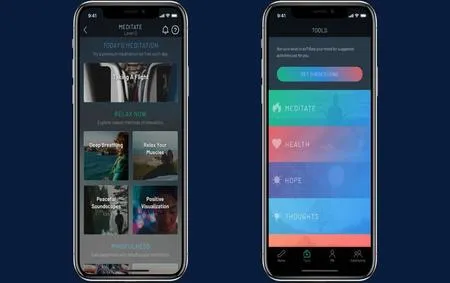 View All
View AllSanvello - Sanvello offers personalized mental health support, mood tracking, guided meditations, therapy tools, and community connections for well-being.

 View All
View AllInsight Timer - Insight Timer offers guided meditations, sleep aids, courses, community groups, and a customizable timer for mindfulness practice.

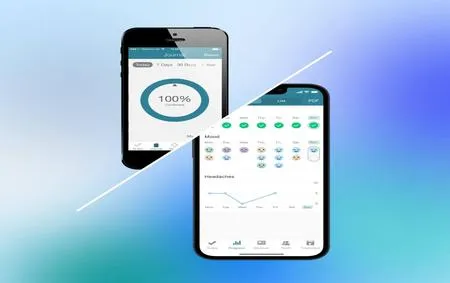 View All
View AllMyTherapy - MyTherapy offers medication reminders, health tracking, progress monitoring, and integration with health apps for comprehensive wellness management.

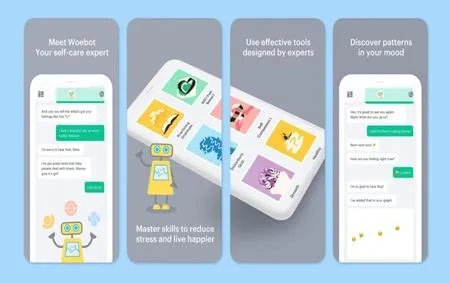 View All
View AllWoebot - Woebot features empathetic conversations, mood tracking, cognitive behavioral therapy techniques, and personalized support for mental well-being.

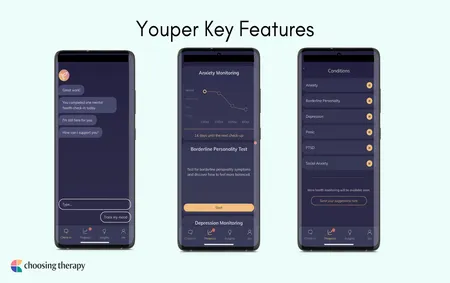 View All
View AllYouper - The most attractive Youper features an engaging personality, emotional intelligence, customizable conversations, and seamless integration with user preferences.
The best 10 Mental Health Tools
1.
Headspace
Pros
Improves mental clarity
reduces stress
enhances focus
promotes emotional well-being
aids in better sleep
encourages mindfulness
supports anxiety management
fosters self-awareness
boosts productivity.
Cons
Limited free content
subscription costs can add up
may not suit everyone's meditation style
app interface can be overwhelming
reliance on technology for mindfulness.
2.
Calm
Pros
Relaxation techniques
improved sleep quality
stress reduction
mindfulness practices
guided meditations
breathing exercises
mood enhancement
increased focus
emotional resilience
personalized content
soothing sounds.
Cons
Limited content variety
potential subscription costs
may not suit all users
reliance on technology can be distracting
some users find it ineffective for anxiety
occasional technical issues.
3.
BetterHelp
Pros
Convenient access to licensed therapists
flexible scheduling
affordable options
diverse therapy styles
anonymity and privacy
personalized support
24/7 messaging
improved mental health outcomes.
Cons
Limited personalization
inconsistent therapist quality
lack of emergency support
potential privacy concerns
potential for miscommunication
higher cost than traditional therapy
absence of in-person interaction.
4.
Talkspace
Pros
Accessible therapy anytime
diverse therapist options
flexible communication methods
personalized treatment plans
affordable pricing
privacy and confidentiality
user-friendly platform
self-paced progress tracking
mental health resources.
Cons
Limited therapist availability
potential for mismatched therapist-client fit
reliance on text-based communication
lack of in-person interaction
subscription costs may be high
accessibility issues for some users.
5.
Moodpath
Pros
Moodpath offers mental health tracking
personalized insights
guided exercises
mood journaling
professional resources
emotional awareness
stress management
and enhanced self-reflection.
Cons
Limited personalization options
potential data privacy concerns
reliance on self-reported information
possible inaccuracies in mood tracking
may not replace professional therapy
requires consistent use for effectiveness.
6.
Sanvello
Pros
Mental health tracking
personalized coping tools
guided meditations
mood insights
community support
CBT techniques
stress management
goal setting
progress tracking
educational resources.
Cons
Limited personalization
potential for over-reliance on app
lacks professional therapy
may not address severe mental health issues
subscription costs
user interface can be confusing.
7.
Insight Timer
Pros
Access to guided meditations
diverse teachers
community support
mindfulness practices
customizable meditation timers
progress tracking
stress reduction
improved sleep
enhanced focus
emotional well-being.
Cons
Limited offline features
overwhelming content for beginners
occasional technical glitches
advertisements in free version
less personalized guidance
potential distractions from notifications
repetitive meditation styles.
8.
MyTherapy
Pros
Medication reminders
symptom tracking
mood logging
health insights
personalized reports
goal setting
medication interaction warnings
customizable reminders
adherence support
wellness tips
user-friendly interface
progress visualization.
Cons
Limited customization options
potential data privacy concerns
reliance on technology
occasional app glitches
lack of personal interaction
may not suit all users' needs.
9.
Woebot
Pros
Accessible mental health support
24/7 availability
personalized interactions
evidence-based techniques
non-judgmental space
improved emotional awareness
stress management tools
user-friendly interface
anonymity
affordability.
Cons
Limited emotional understanding
lack of human empathy
potential for miscommunication
reliance on technology can feel impersonal
may not address complex mental health issues
privacy concerns.
10.
Youper
Pros
Personalized mental health support
mood tracking
AI-driven insights
mindfulness exercises
emotional check-ins
CBT techniques
progress monitoring
accessible anytime
user-friendly interface
community support.
Cons
Limited personalization
potential lack of human empathy
reliance on technology
may not address severe mental health issues
risk of over-reliance
privacy concerns
subscription costs.
Similar Topic You Might Be Interested In
- The best 10 Apps for Anxiety
- The best 10 Calorie Counting Apps
- The best 10 Fertility Apps
- The best 10 Diabetes Tracking Apps
- The best 10 Cooking Apps
- The best 10 Allergy Apps
- The best 10 iPhone Navigation Apps
- The best 10 Accounting Software
- The best 10 Apps For Beer Lovers
- The best 10 Apps For Gluten Free Living